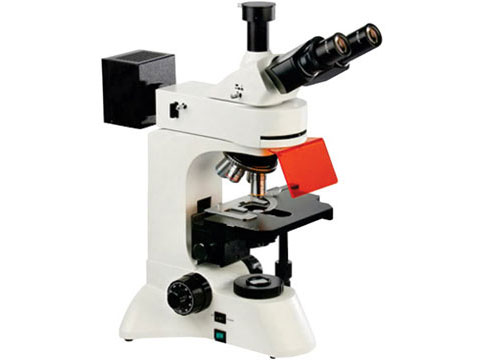In today’s fast-paced world, where innovation reigns supreme, the role of laboratory equipment in education cannot be overstated. From building a child’s foundation in STEM to preparing them for cutting-edge research, lab tools are indispensable.
What Is Laboratory Equipment?
Laboratory equipment encompasses the tools and instruments used in scientific experiments. Think of microscopes, test tubes, and spectrophotometers—they’re the backbone of any well-equipped science lab.
The Role of Laboratory Equipment in STEM Education
STEM (Science, Technology, Engineering, and Mathematics) education thrives on exploration. Laboratory equipment enables students to test hypotheses, analyze data, and see the direct outcomes of their ideas. This hands-on approach not only solidifies theoretical knowledge but also nurtures problem-solving and critical-thinking skills.
Types of Laboratory Equipment Used in Schools
Basic Tools and Instruments
Schools often start with foundational tools like:
- Microscopes for studying microorganisms.
- Beakers and test tubes for mixing chemicals.
- Thermometers for measuring temperatures.

Advanced Equipment
For older students, schools may introduce:
- Spectrophotometers for measuring light absorption.
- Oscilloscopes to observe electrical signals.

Safety Equipment
No lab is complete without safety essentials:
- Goggles and gloves to protect from chemicals.
- First aid kits for emergencies.
Laboratory Equipment in Science Classes
Whether it’s chemistry experiments with acids, biology lessons under a microscope, or physics demonstrations of Newton’s laws, laboratory tools make it all possible. These hands-on activities not only make classes more engaging but also link lessons to real-world applications.
Technological Advancements in Educational Lab Equipment
The digital age has revolutionized lab learning. Modern tools include:
- Digital microscopes that display magnified images on screens.
- Virtual labs for conducting experiments in a simulated environment.
- AI-powered devices that guide students step by step.
Benefits of Using Laboratory Equipment in Education
- Engagement: Students are more likely to stay interested when learning is interactive.
- Retention: Practical experiences help solidify theoretical knowledge.
- Career Preparation: Early exposure to lab tools builds skills for STEM careers.